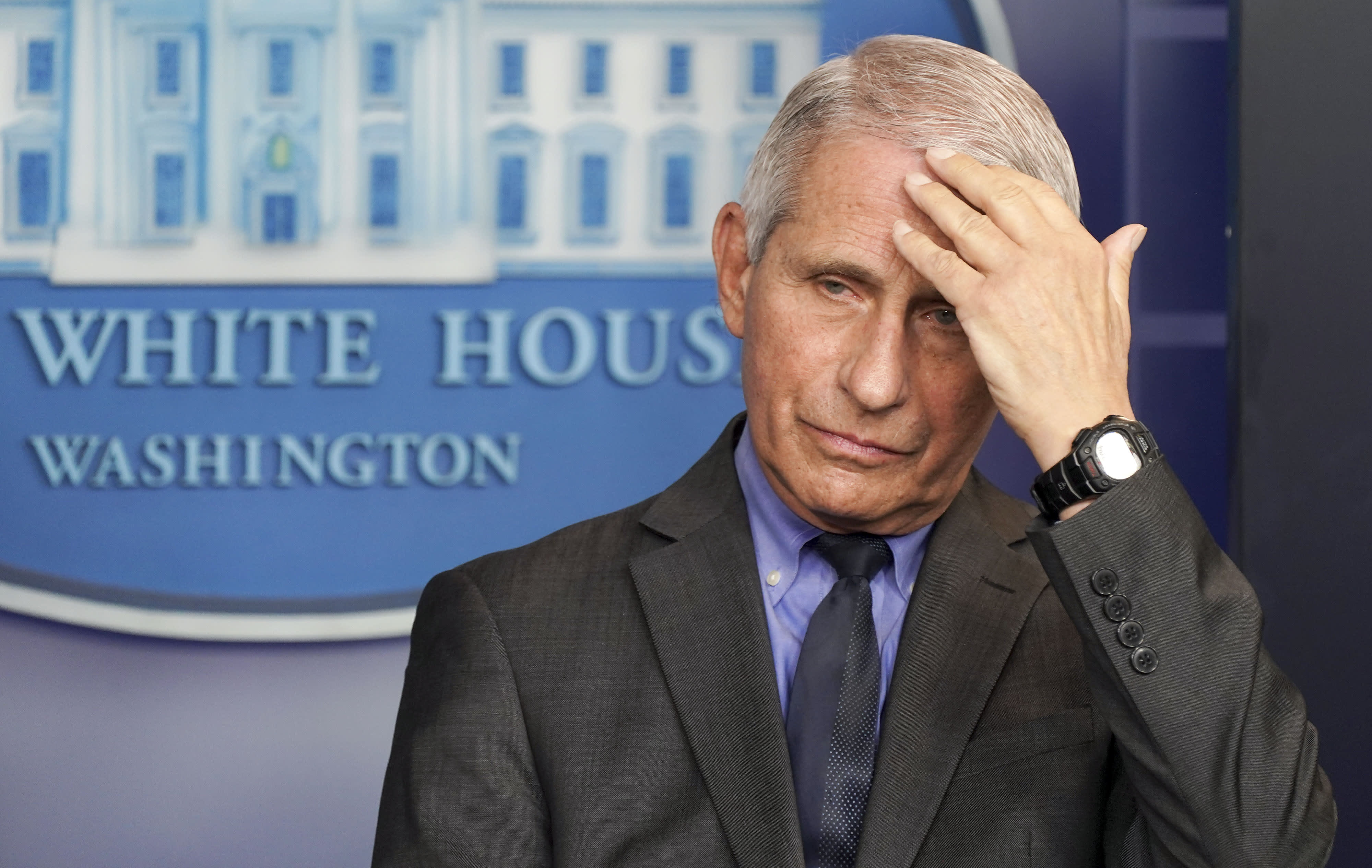What to Know
- A nationwide shortage of all blood types is threatening hospitals' ability to treat patients. A number of local facilities are hosting blood drives.
- The shortage comes right at the time donations drop every year, when families go on summer vacations.
- All blood types are needed, but especially the "universal donor" Type O-negative. Those age 17 or older can donate.
Health care professionals in Southern California and nationwide are in desperate need of blood donations of all blood types.
Pat Nadeau, a regular donor since his time in the Air Force in the 1980s, is just one person answering the call in the Inland Empire.
"As a registered nurse myself, I see the critical need we have out there," he said.
Get top local stories in Southern California delivered to you every morning. >Sign up for NBC LA's News Headlines newsletter.
As the United States emerges from the COVID-19 pandemic, it's also weathering a "severe blood shortage," the Red Cross said in a statement.
The number of trauma cases is on the rise, with hospitals responding to an atypically high number of emergency situations that require blood transfusions.
"In comparison to 2019, the Red Cross has seen demand from trauma centers climb by 10% in 2021− more than five times the growth of other facilities that provide blood transfusions," the statement read. Overdoses, and the organ transplants that result from them, are also higher than normal right now.
That's in addition to patients who put off medical care during the height of the pandemic, who are now seeking that care from hospitals. Because their diseases progressed without the treatment they would have under normal circumstances, hospitals are seeing an increased need for blood transfusions.
"Over the last three months, the Red Cross has distributed about 75,000 more blood products than expected to meet these needs," the statement said. But because blood cannot be stockpiled, it must constantly be replenished by donors — and right now, supply isn't matching demand.
According to CEO of California's LifeStream Blood Bank, Dr. Rick Axelrod, the need for blood donations has never been so critical in the Inland Empire.
"This is the worst blood shortage we've had in our history," he said.
Normally, the blood bank has a three-to-five day inventory of blood products on its shelves. As of Tuesday, there was just half a day's supply of every blood type.
"We are really struggling to meet the needs of the hospitals just for their normal procedures," Axelrod said. "If we had an emergency on top of that it would really be trouble for patients in the Inland Empire."
Blood donations normally slow down during the summer, as families go on vacation. That makes the timing of this shortage even worse.
"Surgeries don't take a vacation," said Axelrod. "Cancer doesn't take a vacation, accidents don't take a vacation, so we really need our blood donors to really step up and help us."
The nationwide shortage has forced some hospitals "to slow the pace of elective surgeries until the blood supply stabilizes," the Red Cross said.
UCI Health has also noted the national blood shortage, sending blood mobiles into the Orange County community to make donating even easier.
Dr. Minh-Ha Tran of UC Irvine's Medical Center said the pandemic is complicating attempts to fix the shortage.
"We are also operating under COVID19 precautions," Tran said. "So we have to be conscientious of how many people we allow to gather, and how many people we can put on the bus or donor center at any given time."
Individuals over the age of 17, or over the age of 16 with parental permission, can donate blood. All blood types are needed right now, but especially the "universal donor" blood type O-negative.
The Red Cross will continue its practice of testing all donations for COVID-19 antibodies through June 25, then will wind down its screening practices as "more than a third of Americans have become fully vaccinated against COVID-19."
However, Red Cross facilities still have additional safety precautions in place, including social distancing and face masks for donors and staff.
Individuals donating through the Red Cross need to bring a blood donor card or driver’s license, or two other forms of identification. You can schedule an appointment to give blood through the Red Cross by using the Red Cross Blood Donor App, visiting RedCrossBlood.org, calling 1-800-RED CROSS (1-800-733-2767) or enabling the Blood Donor Skill on any Alexa Echo device.
Addresses for Red Cross blood donation facilities in the Los Angeles Region are available here.
Cedars-Sinai is teaming up with the Beverly Center to host an indoor, two-day community blood drive on Friday June 25 and Saturday June 26, from 11 a.m. to 5 p.m. both days. Interested donors should bring a state-issued ID and wear a mask.
Donors at the Cedars-Sinai drives can receive complimentary benefits, including "a health screening, individually packaged snacks and water, testing for COVID-19 antibodies, and a gift card to Tocaya Organica at Beverly Center," according to a statement from the shopping center. You can sign up for Friday's drive here and for Saturday's drive here.
One of UCI's blood drives will be on June 29 from 9 a.m. to 4 p.m., in the Honda Center parking lot at 2695 East Katella Avenue in Anaheim. The blood drive is in partnership with the Anaheim Ducks, and additional blood drives are scheduled for July 13, July 27, Aug. 10 and Aug. 24. Appointments are required.




